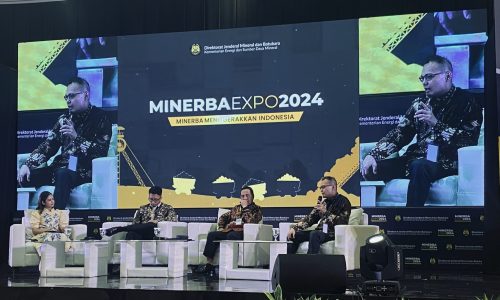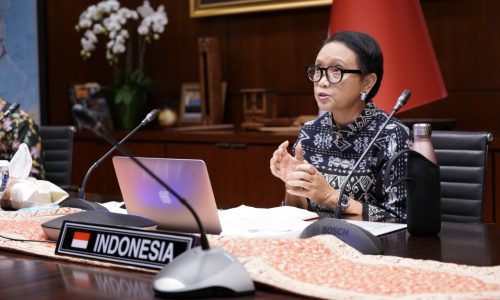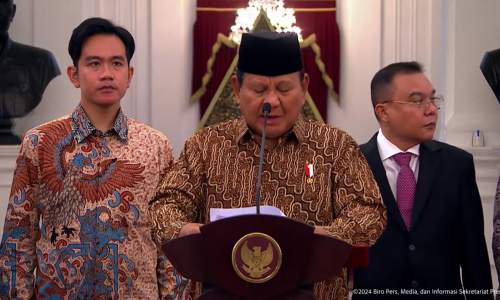Minister of Maritime Affairs and Fisheries, Sakti Wahyu Trenggono, recently revealed Indications of modern slavery practices in Indonesia’s national waters, with alarming evidence pointing to activities in the Aru Islands Regency, Maluku.
Trenggono said that at least 10 bodies, believed to be crew members from squid fishing vessels, are found monthly in Dobo City, Wamar Island, Aru Islands Regency.
“I have Information indicating that slavery practices on ships operating domestically are ongoing. This doesn’t only occur on foreign vessels but also on our own ships,” Trenggono told a hearing with Commission IV of the House of Representatives (DPR) on Tuesday, June 11, 2024.
The minister suggested that these slavery practices are linked to the transshipment of fish products within the country. Crew members from transshipment vessels often attempt to escape when docking in Dobo City.
In response, Trenggono has requested the Maluku Regional Police to investigate these indications thoroughly. Concurrently, the government is reevaluating policies related to domestic fish product transshipment to prevent such practices.
“We must evaluate our policies to ensure such slavery practices do not recur,” he said.
As part of the efforts to combat modern slavery, Trenggono highlighted the government’s action in capturing the fishing vessel Run Zheng 03 on April 14, 2024. The ship was suspected of illegal fishing, fuel smuggling, human trafficking, and slavery.
According to the Australian non-profit organization Walk Free Foundation, Indonesia ranks among the medium-risk countries for modern slavery in the fishing industry, alongside India, Malaysia, Chile, Mexico, Morocco, Peru, Vietnam, and the Philippines.
This categorization is based on the tendency of these countries to fish within their own waters and relatively low levels of destructive fishing practices and unreported catches.
The International Labour Organization (ILO) estimated in 2013 that 21 million people were trapped in forced labor, including those on fishing vessels.
Their report, “Caught at Sea: Forced Labour and Trafficking in Fisheries,” highlighted that the rising demand for fish, coupled with decreasing fish stocks due to overfishing and illegal fishing, has exacerbated the issue.
Competitive pressures often lead to the neglect of fishermen’s safety, while sophisticated and organized transnational fishing operations leave them vulnerable and powerless.









